The Swedish furniture giant IKEA has become the latest business to warn that it could be forced to raise prices for U.S. consumers to mitigate the impact of President Donald Trump’s tariff program.
The household furnishings brand was founded by Ingvar Kamprad in 1943 and has centered its offering around a “democratic design” ethos ever since, emphasizing attractive, functional, and affordable goods.
But its values are being tested by Trump’s aggressive levies, given that it relies heavily on imports into North America, with just 15 percent of its U.S. products sourced regionally.
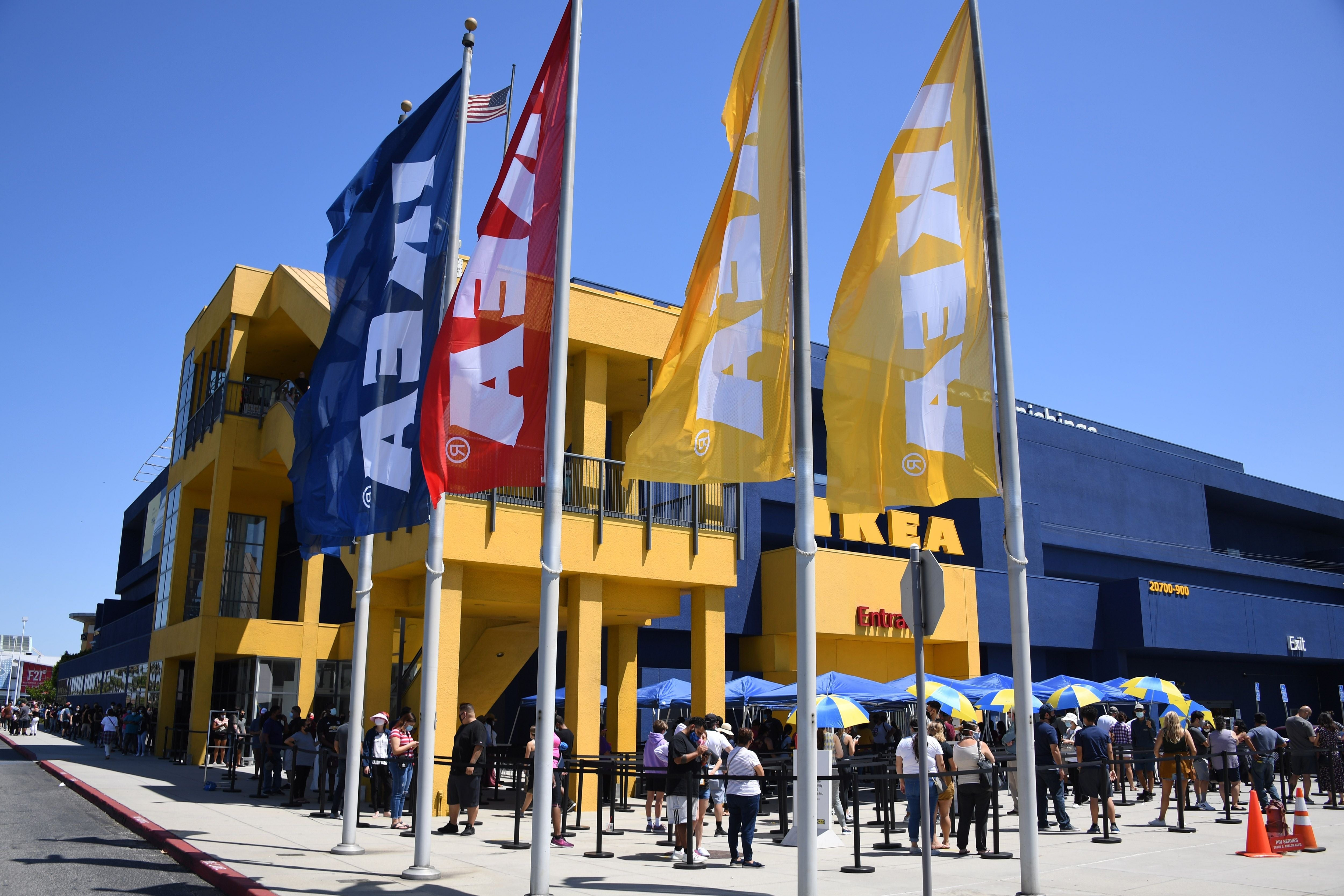
Fortunately, its kitchen cabinet range falls into that category, shielding it from the president’s recent 25 percent hike targeting that sector. However, this is likely to prove only a minor consolation.
“Our ambition is to continue lowering prices,” Tolga Oncu, retail manager at Ingka, the company that operates most IKEA stores around the world, told The Wall Street Journal. “We have to adapt and pass on parts of the cost increase to the customers.”
“These tariffs are confirming we are on the right track when it comes to exploring possibilities to produce more in the U.S.,” he added diplomatically.
“We can’t stay immune to absorb all the costs ourselves. But the big work sits in finding ways to lower the prices.”
Oncu said that the company has been working hard to cut operational costs, but ultimately, it can only go so far in that direction.
IKEA’s total retail sales have meanwhile fallen for the second year in a row, down 1 percent or $52 billion for the year ended in August, according to the WSJ, which could force its hand. The company’s full results for the fiscal year are due out next month.
The newspaper notes that the company’s Uppland sofa has already risen in price from $849 to $899 this summer and that its three-piece oak bedroom set has increased from $959 to $1,049 compared to August.
The Independent has reached out to IKEA, the White House, and the Treasury Department for further comment on the situation.
Compounding the problem, the average amount of money spent by American families on furniture fell dramatically in 2023, the most recent year for which data is available, from recent highs of $715.60 in 2021 and $746.46 in 2022 to just $618.65, according to Statista.

That is almost certainly attributable to post-pandemic inflation, with families cutting down on inessential purchases as the cost of everyday essentials remains high. This is the very issue many people voted for Trump to address.
The downward trend looks likely to continue, too, given that furniture prices were up 4.7 percent year-on-year in the U.S. in August.
If IKEA is ultimately forced to raise prices in response to the tariffs, it would by no means be alone. The likes of Walmart, Target, and Home Depot have already warned that they may have to act in response to the headwinds they face.
Trump has reacted angrily to such statements, telling Walmart, the country’s largest retailer, it must “eat the tariffs” in a May Truth Social post, ordering it to stop blaming his trade war for its own decision to raise prices, adding menacingly: “I’ll be watching, and so will your customers!!!”
Staff at Walmart and Target responded by posting on Reddit about price increases they had encountered in-store that they believe are directly attributable to the president’s tariffs.
As the Christmas season approaches, those same businesses have expressed concern that the ongoing economic uncertainty could adversely impact holiday hiring practices, meaning fewer people will be taken on in a temporary capacity.
The investment bank Goldman Sachs has forecast that U.S. consumers will ultimately end up paying 55 percent of tariff costs, with the rest falling on American companies and, to a much lesser extent, foreign exporters.

.jpeg)

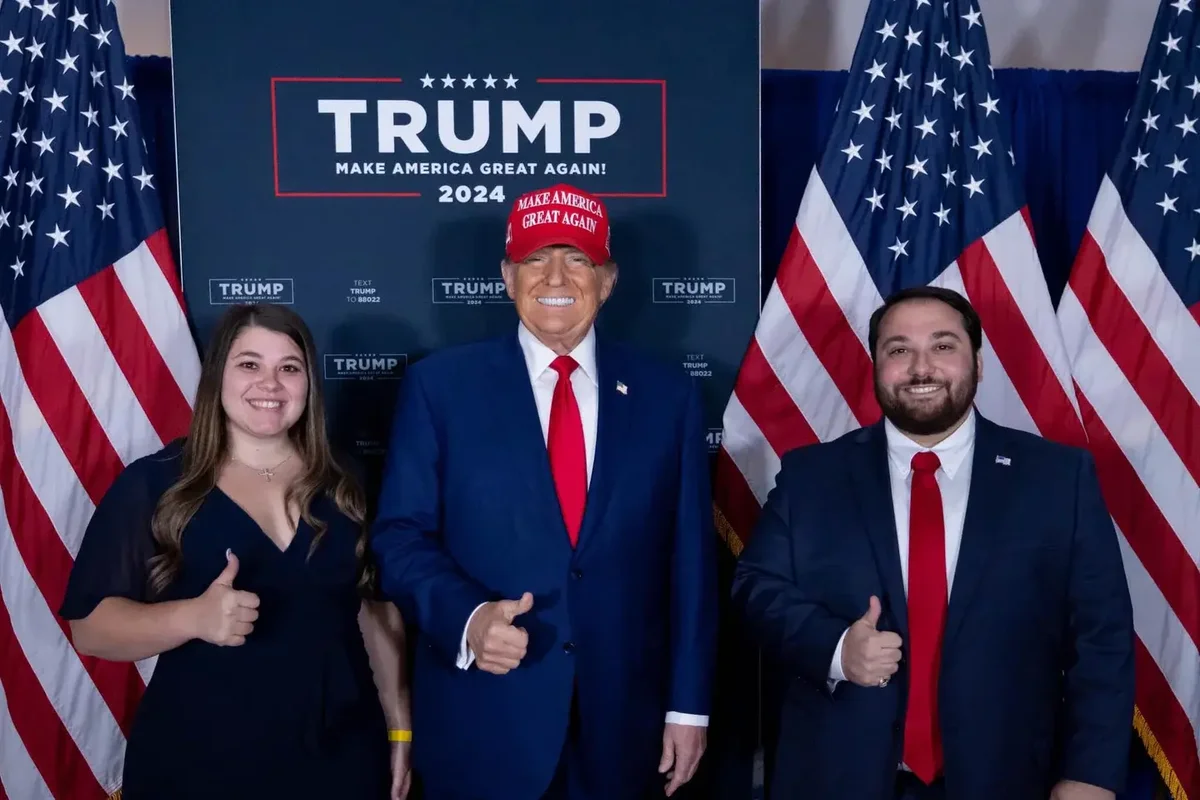
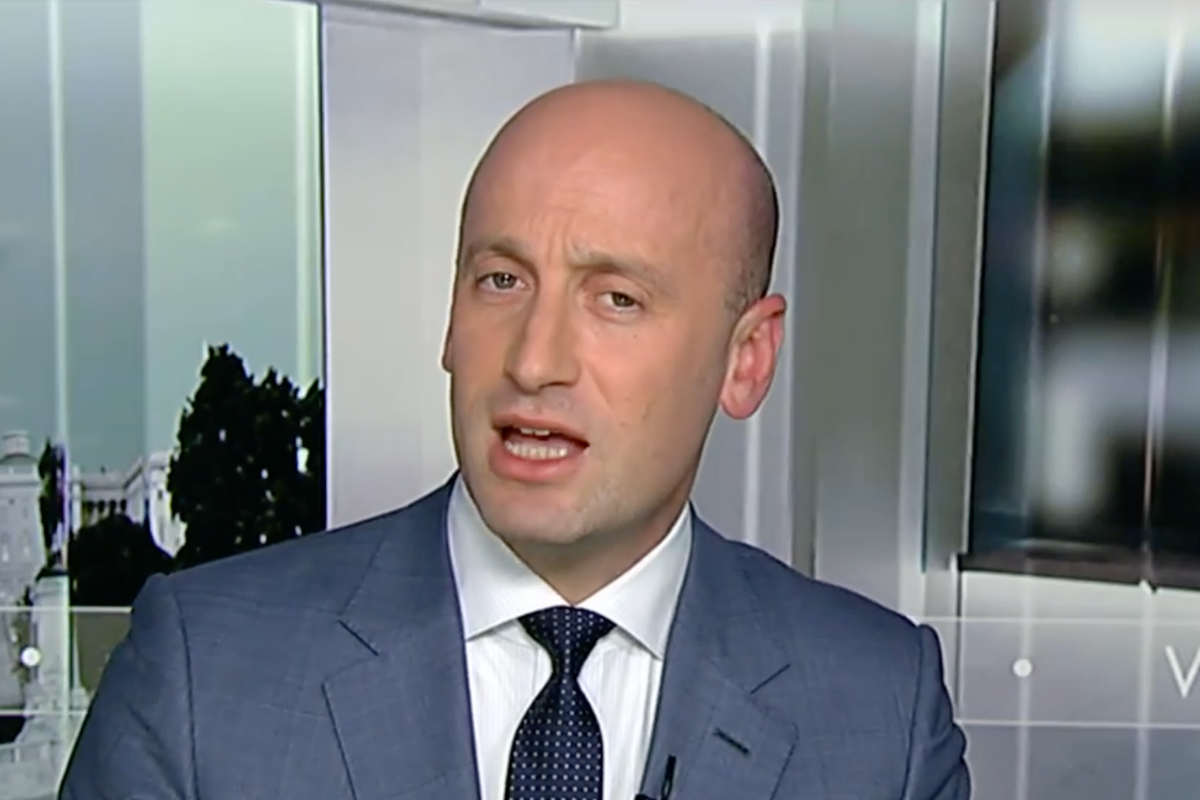












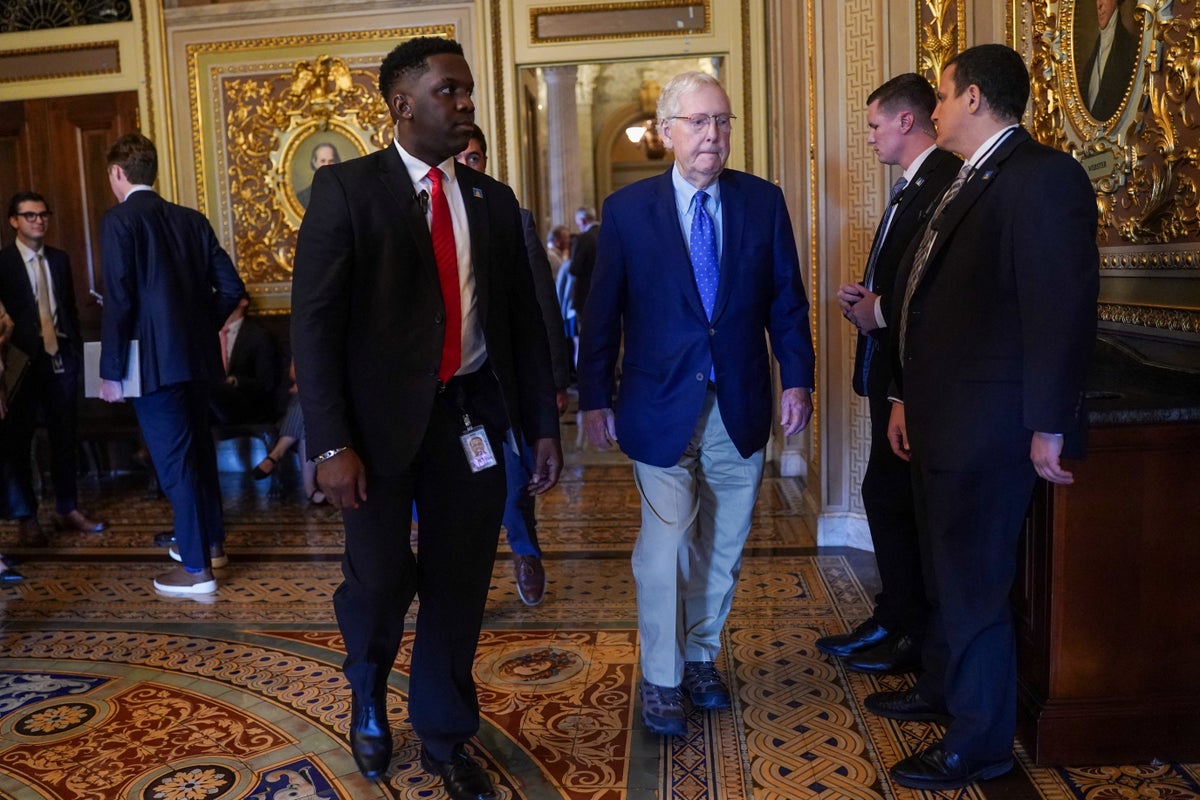
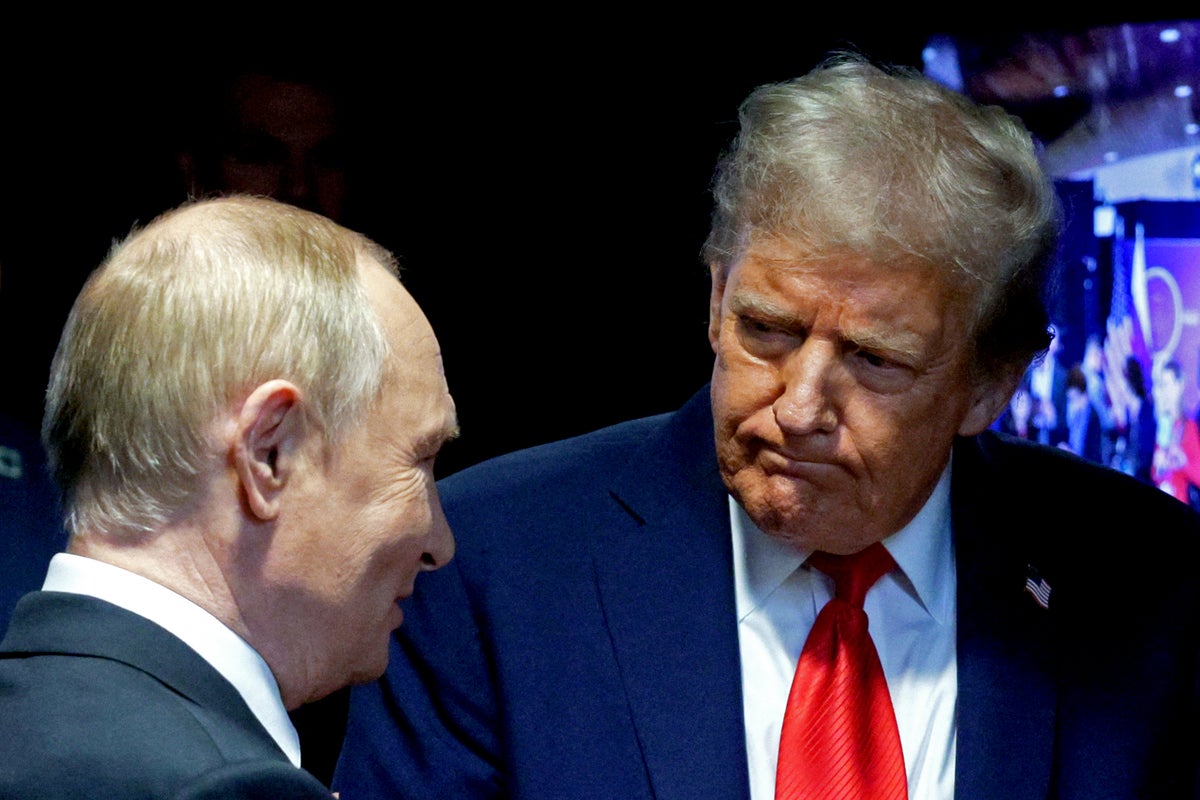
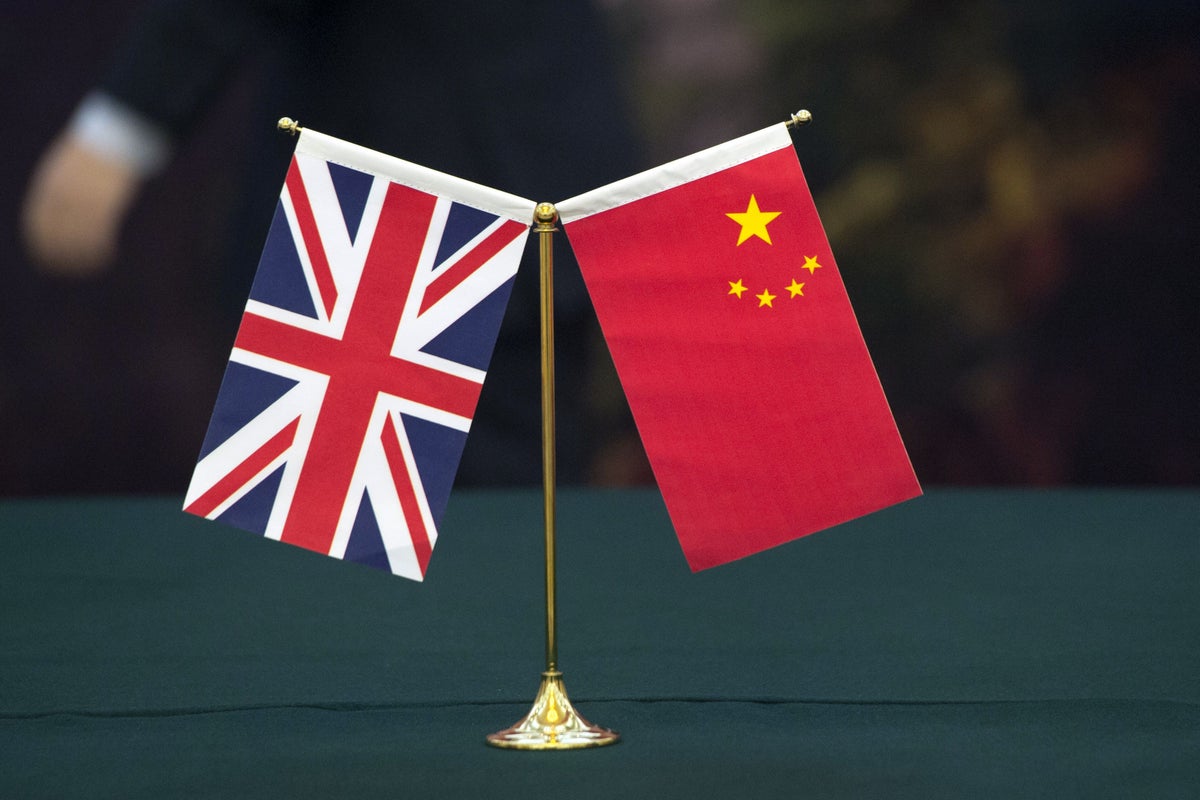





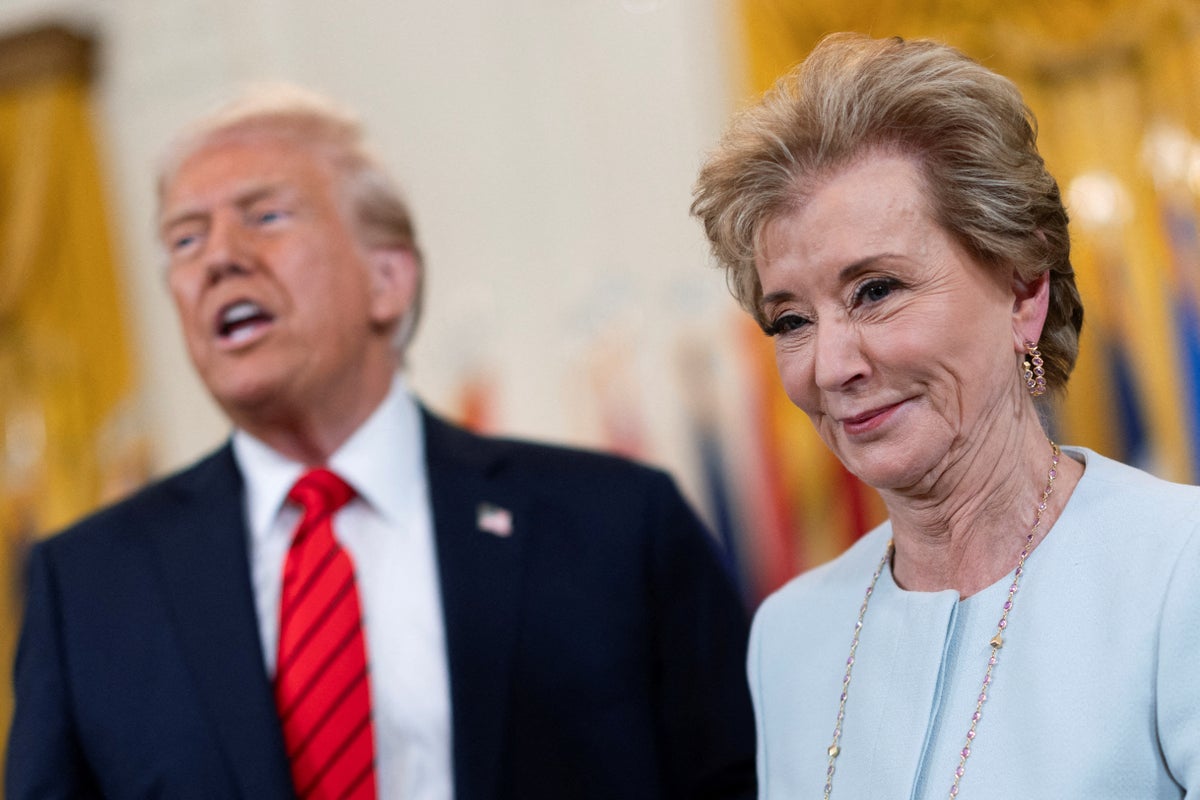
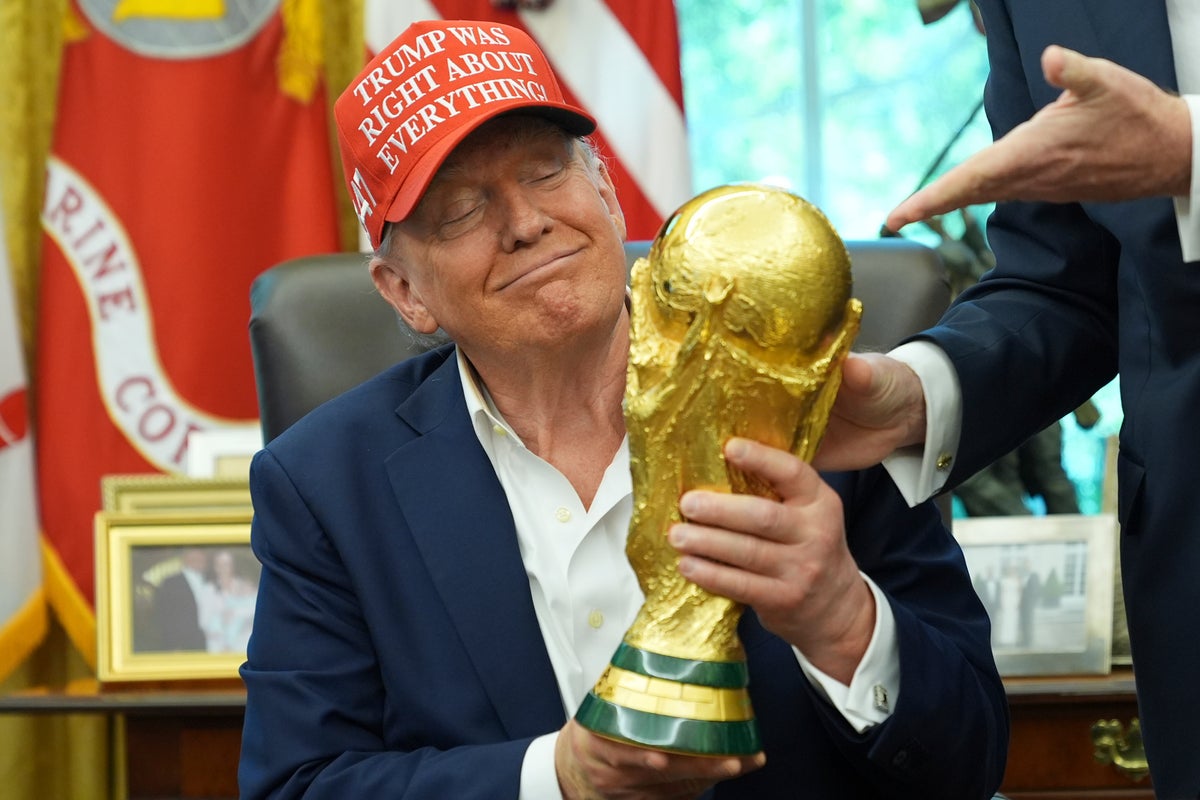



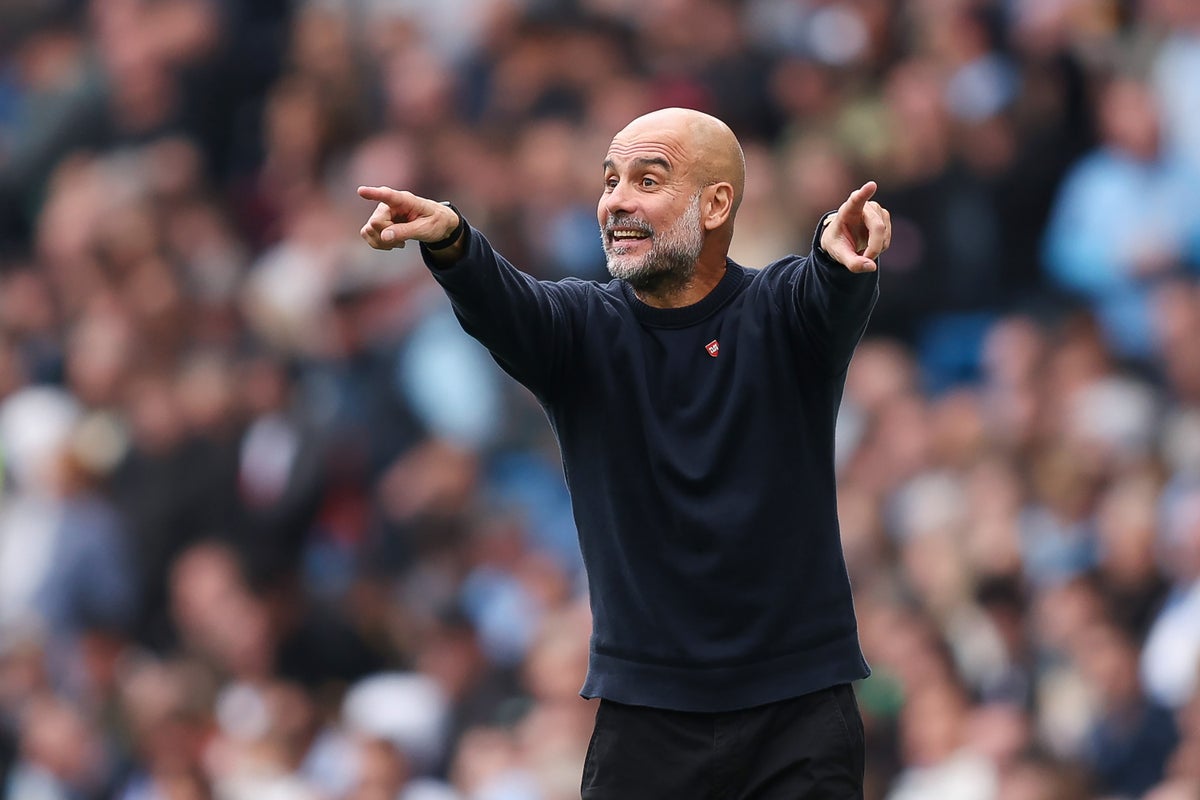
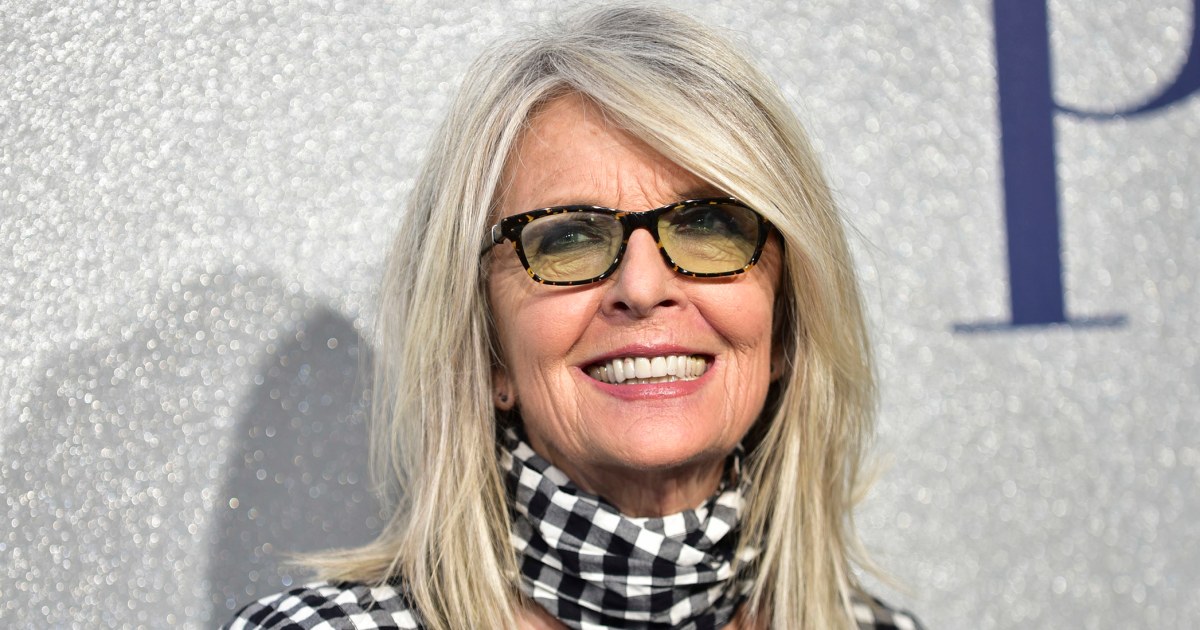
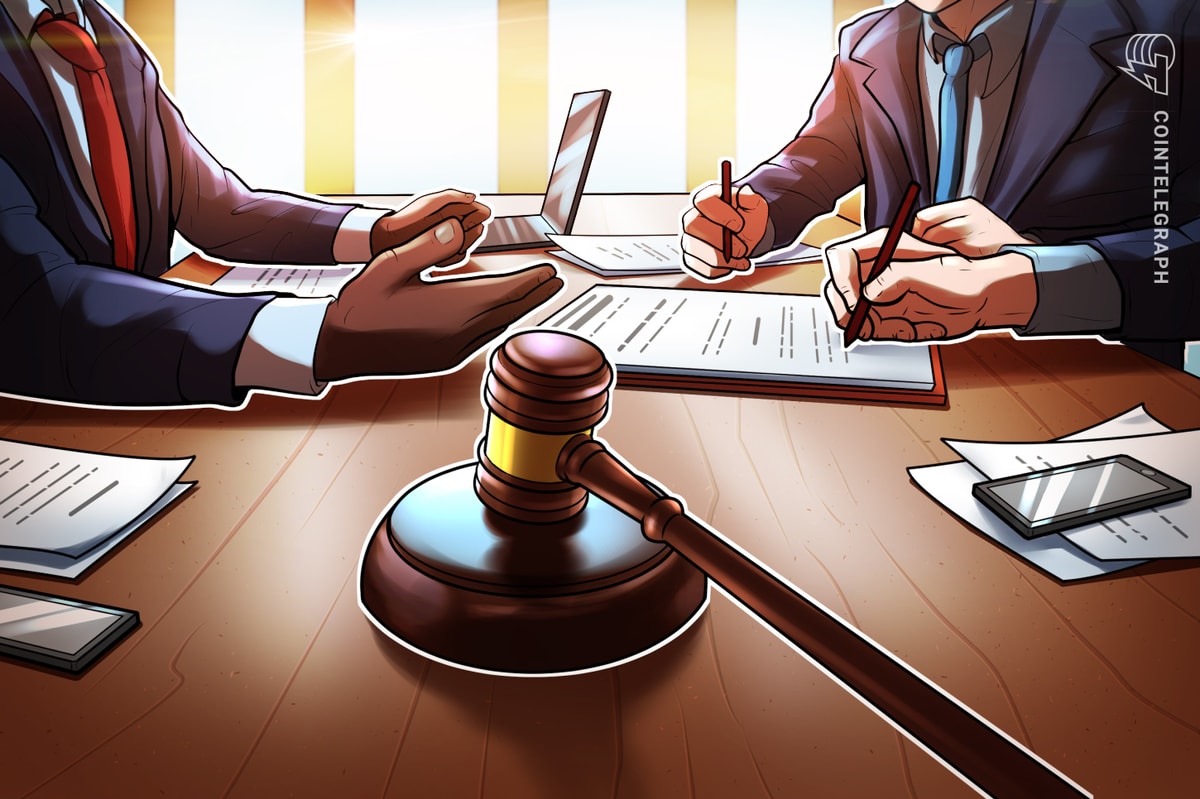
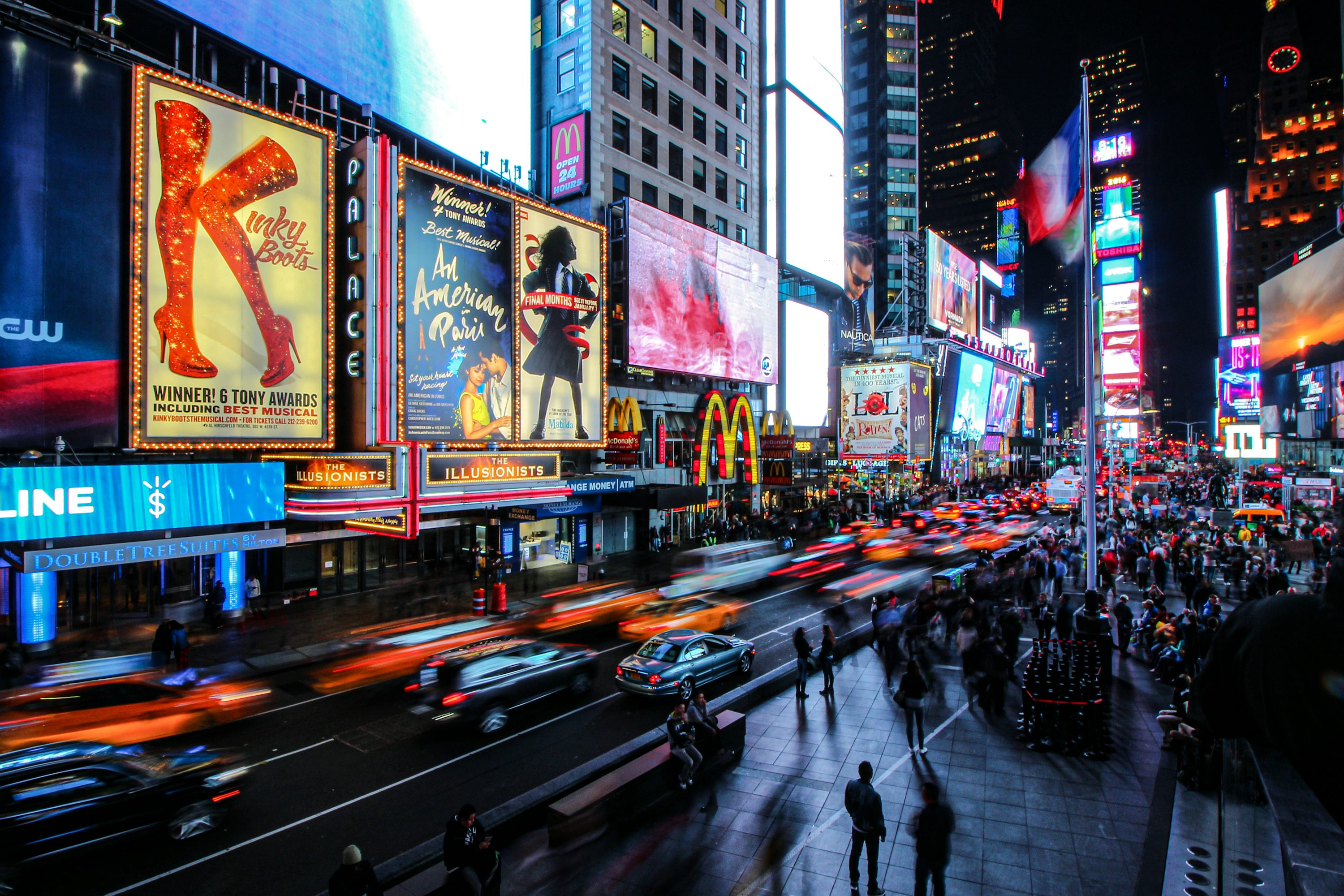


 English (US) ·
English (US) ·